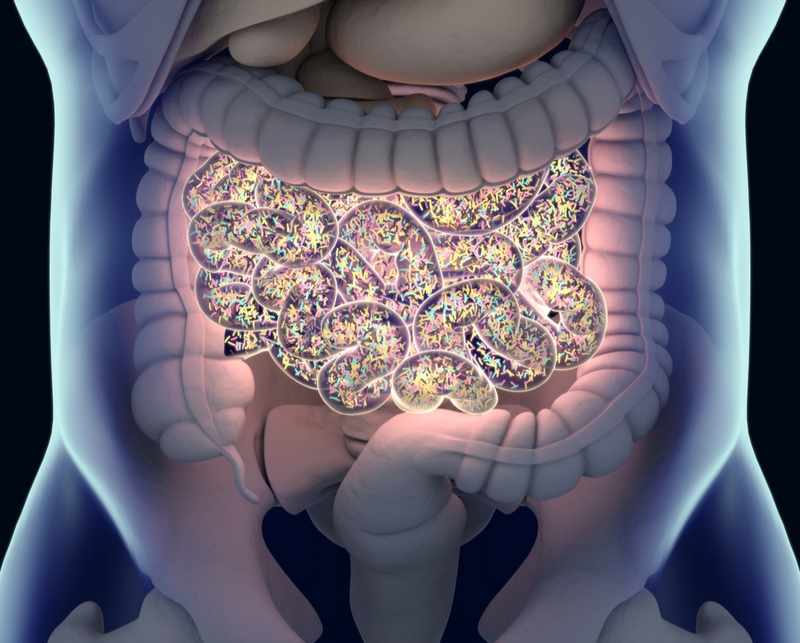Valbiotis has shown that its treatment restores diversity in a population of gut microorganisms imbalanced by type 2 diabetes in mice.
Valbiotis, based in Périgny, France, wants to treat type 2 diabetes by restoring the balance of microbial populations in the gut microbiome. New data from a metagenomic sequencing study in mice has shown that its drug, Valedia, increases the diversity of the gut microbiome, which is typically reduced in diabetic patients. Backed by previous clinical studies that showed the drug could prevent diabetes, these results support Valbiotis’ plans to test the drug in humans.
The gut microbiome is the collection of tens of trillions of microorganisms that live in our digestive tract. It has a wide range of functions, from helping us digest food to combating disease-causing microorganisms. Imbalances in the gut microbiome have been associated with various health conditions, including insulin resistance and type 2 diabetes.
Interestingly, the sequencing study showed that mice who were fed a high-fat diet with the addition of Valbiotis’ Valedia had a microbiome composition closer to a normal state than mice on a high-fat diet without the addition of Valedia.
However, the study only looked at the effect of Valedia on microbiome composition and not diabetes itself. Furthermore, while there seems to be an undeniable connection between the gut and diabetes, microbiome research is in its early stages and its exact relationship with diabetes is still being uncovered. Even though Valbiotis reported positive Phase I/II results for Valedia preventing type 2 diabetes in humans, it is still a ways away from completing the clinical development process.

The microbiome has potential in treating a variety of diseases, and biotechs are taking advantage of this. For example, MaaT Pharma, a French company, uses microbiota transfer to restore the microbiotas of patients who have undergone chemotherapy and other treatments that change the body’s microbial composition.
Other evidence points towards a correlation between the microbiome and diabetes as well. For example, a recent study from Spain showed that the classical type 2 diabetes medication metformin increases the population of certain gut bacteria connected with improved metabolism. This may partially explain the beneficial effects of the drug on blood glucose control. However, Valedia differs from previous treatments in that it purposefully targets the gut microbiota.
If it successfully moves through the pipeline, Valedia could become a first-in-class treatment for prediabetics, a population of 527 million individuals who are at risk of developing type 2 diabetes. However, mice studies are still far away from human clinical trials and many drugs starting clinical trials never reach the patient.
Images by Minerva Studio, Anatomy Insider/Shutterstock





